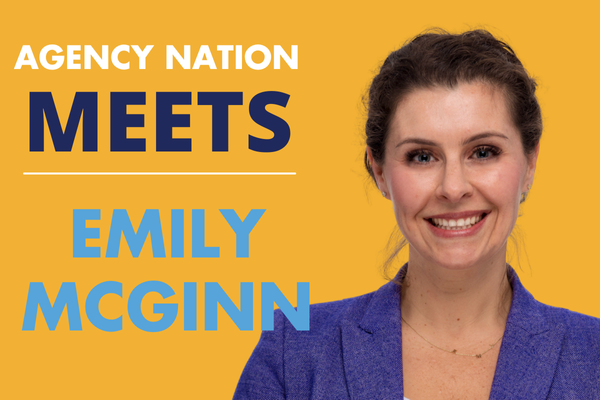Expand Agency Branding Strategies Online
By: Matthew Marko
| For agencies that have spent years building a local footprint with traditional marketing and branding tools, it may be daunting to hear others assert that success in today’s marketplace requires extensive e-marketing expertise and a dynamic online presence. But there is good news: Many of the techniques agents have long used to thrive in their communities are still relevant. They also have clear parallels in the digital space and often their online counterparts are easy to implement and measure. There are 900 million Yellow Page print references every month, the Yellow Pages Association reports. The online equivalent is the local search. In March 2011, there were nearly 17 billion searches on all major search engines, ComScore estimates. With Google having released estimates that local search represents 20% of their search volume and Bing reporting 53% of its mobile searches have local intent, the opportunity for small businesses is immense. It makes a difference where an agency ranks in the local search results when a consumer searches online for insurance. An agency that makes the top three listings shares 63% of the traffic, according to Chikita research. Land in the bottom seven and that figure drops to 32%. And only 5% of searchers continue to the second page of results. That first and most important step is proactively claiming and verifying online listings. Progressive offers a listing management program, called ListAgent, to help claim and keep listings relevant, maintained and optimized for less than $100 annually. There are also free, do-it-yourself options such as www.getlisted.org that audit how effectively an agency has claimed its local search listings and allow it to create listings with each of the primary search engines from one website. Just as a variety of factors—ad size, color, content—influence the success of a Yellow Page print ad, several elements also affect a local search ranking. Keep listings consistent across search engines by using the official business name and avoiding abbreviations. Generate as many consistent citations (online references to a business) as possible among search engines, and eliminate duplicate listings. In addition, include as much relevant content as possible, including an agency address, phone number, email, website, photos and business details. Also create a strategy for getting customers to review the business online. Meanwhile, as newspaper readership declines and more consumers get their news from the Web and social media, online advertising may offer an agency additional bang for the branding buck. A hyper-targeted ad means less waste, and Facebook provides detailed metrics that enable an agency to quickly test executions and adjust as needed during the campaign. Best of all, an agency can pay per click or impression and set budgets by day or campaign. To make the process even easier, carriers may provide resources to help with online advertising. It’s no secret that a leading driver of new business is a happy customer. For agencies that have nurtured word-of-mouth referrals from their customers, encouraging customers to share their feedback online is an easy way to amplify their voice. The clearest bridge between traditional and digital referral tactics is to ask Facebook fans and LinkedIn connections to recommend an agency to their social networks. But there are additional advantages with online reviews on sites such as Google Places, Citysearch, Yelp and Insider Pages. Not only can they boost an agency’s local search visibility, but they can also sway strangers. Seventy percent of consumers trust online reviews as much as personal recommendations, according to BrightLocal. This is especially true in the insurance industry, where 57% of consumers said their insurance purchase was influenced by reviews—more than websites, TV or radio advertising. Search engines like Google and Yahoo prominently display reviews in their query results, yet research by Progressive (the employer of this author) on online referrals found that independent agents have, on average, just 0.3 reviews on their online listings. Add review requests to agency customer communications. Develop email templates that can can be easily customized, and send messages with links to review sites. Don’t worry if a couple of negative reviews turn up with the positive. A 2011 Lightspeed Research study found that only 4% of shoppers changed their mind about a service after reading one bad review, and 25% of consumers change their mind after reading two of them. In addition, agencies can frequently turn bad reviews around by simply responding. It’s true that the market and customer are evolving, but there are simple ways to apply traditional strategies to succeed in online marketing. Agencies don’t need special skills or an expensive consultant to take the first steps forward; just a basic understanding of what’s out there, a willingness to explore and a few trusted resources to help along the way. Matthew Marko (matthew_marko@progressive.com) is marketing manager for Progressive Insurance. |










